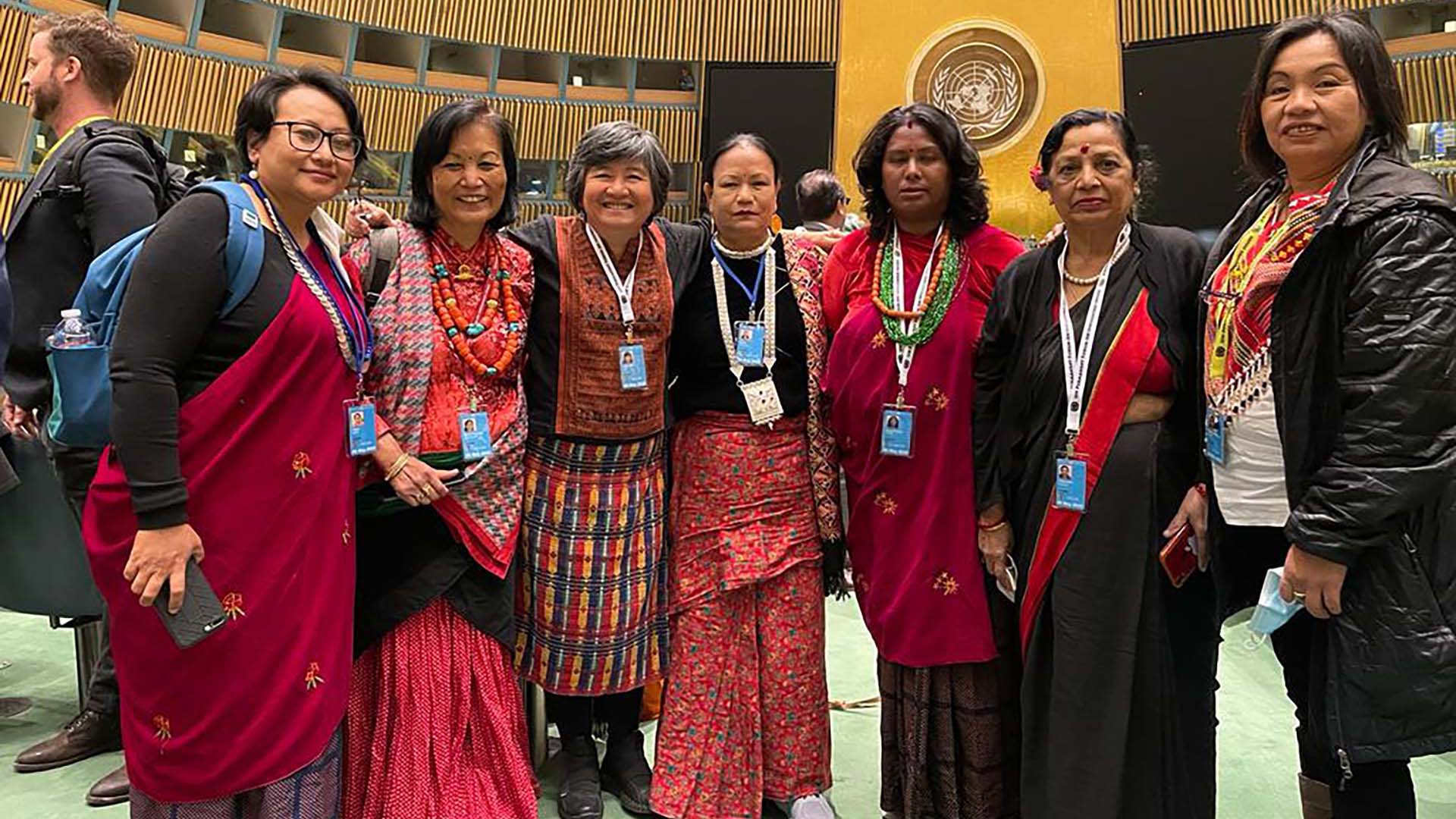AGENDA 3: INDIGENOUS PEOPLES, BUSINESS, AUTONOMY, AND THE HUMAN RIGHTS PRINCIPLES OF DUE DILIGENCE, INCLUDING FREE, PRIOR AND INFORMED CONSENT
The intensifying criminalization of Indigenous Peoples in business activities is directly related to the lack of legal recognition and protection of the rights of Indigenous Peoples to our lands, territories, and resources, and our right to self-determination.
The Indigenous Peoples Rights International - IPRI has observed increasing cases of violations of Indigenous Peoples’ rights by extractive industries, agribusiness, and renewable energy development. Further, existing accountability and redress mechanisms are inadequate to provide justice to victims.
IPRI thereby wishes to draw your attention to our Briefing Paper on Indigenous Peoples, Human Rights and Business Activities: UNGPs and the Protection of the Rights of Indigenous Peoples.
In line with this, IPRI recommends the following to the UNPFII:
- To conduct a study on the existing complaint and redress mechanisms relating to adverse impacts by business activities on the rights of Indigenous People and on the environment. In line with this, the UNPF shall organize an expert meeting on strengthening access to complaint and remedy mechanisms and for effective measures to protect Indigenous Peoples’ environmental and human rights defenders.
- To recommend to the EU Parliament to ensure the explicit requirement for the Free, Prior and Informed Consent of Indigenous Peoples as part of the law on the mandatory human rights due diligence in the global supply chains in line with its resolutions in support of the UNDRIP implementation.
- To recommend to the UN Working Group on Business and Human Rights to ensure meaningful participation of Indigenous Peoples in business and human rights processes; and to support the synergies between the Road Map of the Working Group and the Indigenous Peoples’ Road Map for the Second Decade of the Implementation of the UN Guiding Principles on Business and Human Rights.
- To recommend to the member states to legally recognize the rights of Indigenous Peoples to our lands and resources; provide protection measures from destructive business operations, and protection of Indigenous Peoples’ environmental and human rights defenders; to ensure effective accountability mechanisms to address the violations of Indigenous Peoples’ rights in the context of business activities and to adopt a legally binding treaty for corporations to respect human rights including the rights of Indigenous Peoples.
Thank you.


